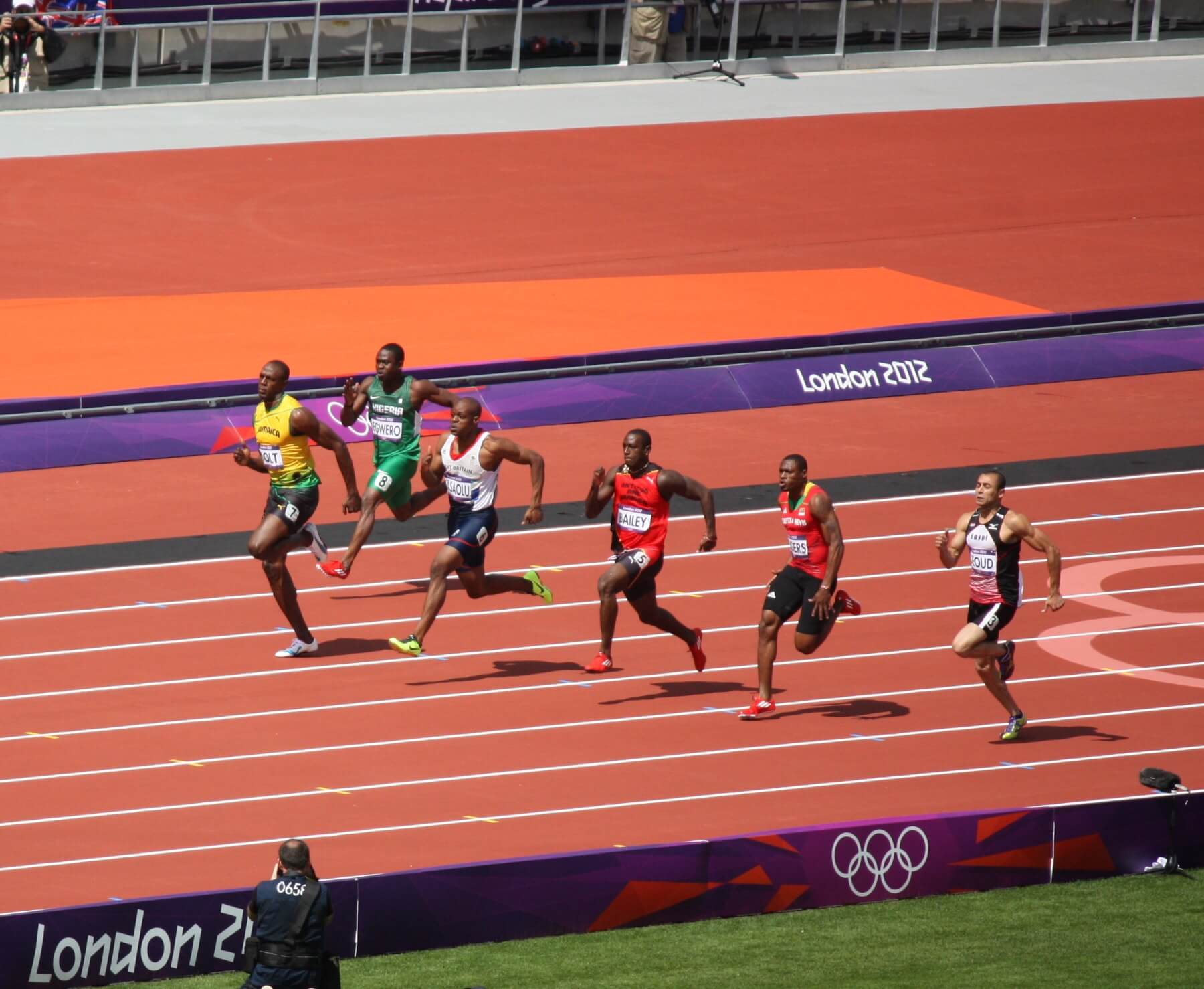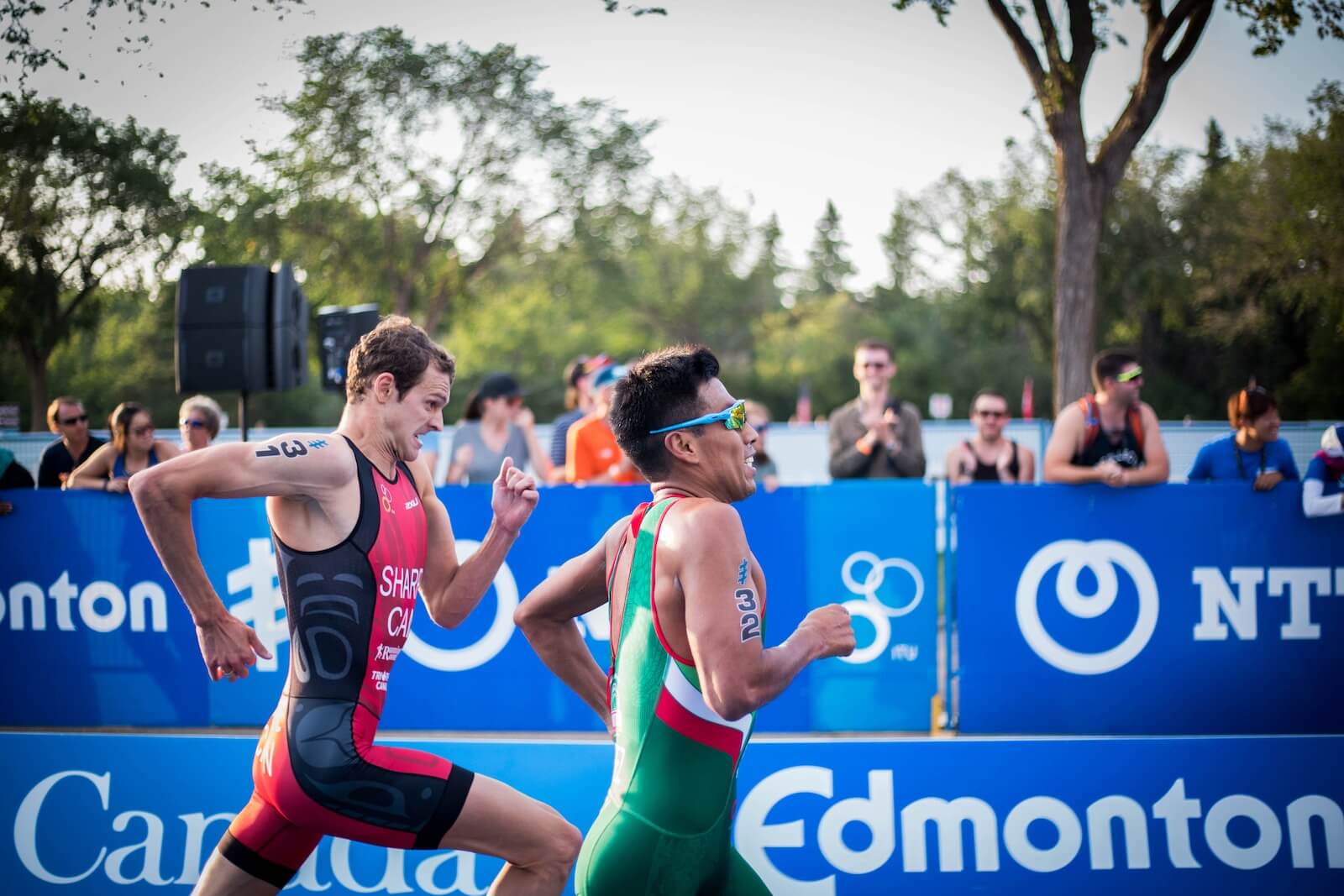DARLINGHURST, Australia — The club of runners who have broken the four-minute mile all have something even more important in common — they’re living longer! A new study has found a remarkable connection between these athletes; they’re living roughly five years longer than the average person.
Researchers in Australia and Canada examined over 1,700 people who officially broke the four-minute mile barrier as of June 2022. They specifically looked at the first 200 runners to follow in the footsteps of Sir Roger Bannister — the first person in recorded history to run a mile in less than four minutes. The researchers note they released these findings, published in the British Journal of Sports Medicine, on the 70th anniversary of Sir Roger’s achievement in 1954.
Overall, researchers discovered that the first under-four-minute milers were living noticeably longer than the general population. Many were reaching their 80s, and the majority of runners were still alive. Professor André la Gerche of the Victor Chang Cardiac Research Institute believes this may finally disprove the theory that short bouts of extreme endurance exercise push the body too far and may shorten lifespans.
“Breaking the four-minute mile was an extraordinary achievement 70 years ago and revealed just what the human body can achieve. It set off a wave of runners following in Sir Roger’s mighty footsteps. Remarkably we found that like Sir Roger, who lived to the ripe old age of 88, most of the first runners also lived well into their 70s, 80s and a majority are alive and healthy today,” Prof. la Gerche says in a media release.

Among the first 200 sub-four-minute milers included runners from the United Kingdom, Australia, France, New Zealand, and the United States. All of the runners to break the barrier were men, born between 1928 and 1955. Remarkably, only 60 of these men had died by the end of the study.
Previous research has shown the vital importance of engaging in regular exercise, especially aerobics, when it comes to longevity. The new findings show that those who can achieve the highest levels of aerobic fitness are literally adding years to their lives.
“Our study set out to see how exercise affected elite athletes over the long term. We know that elite athletes have bigger hearts due to their sustained aerobic output and there was some belief that this could affect their health and longevity, but we found the opposite,” Prof. la Gerche explains.
“Five years of extra life compared to average is very significant, especially when we found that many of these runners not only enjoyed long lives but were also healthy too. They live better, for longer,” the sports cardiologist concludes. “Not everyone needs to be able to run a sub-four-minute mile to enjoy good health long into old age, but they need to exercise regularly and push themselves aerobically.”
Currently, the world record for running a mile now stands at 3:43, set by Hicham El Guerrouj of Morocco. So far, no woman has broken the four-minute barrier. The women’s world record for a mile stands at 4:07.64, set by Faith Kipyegon of Kenya in 2023.
